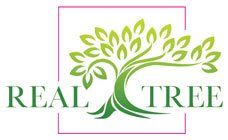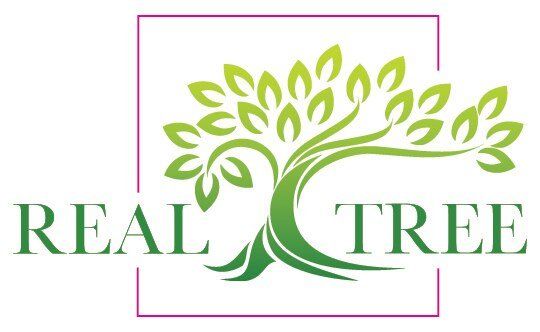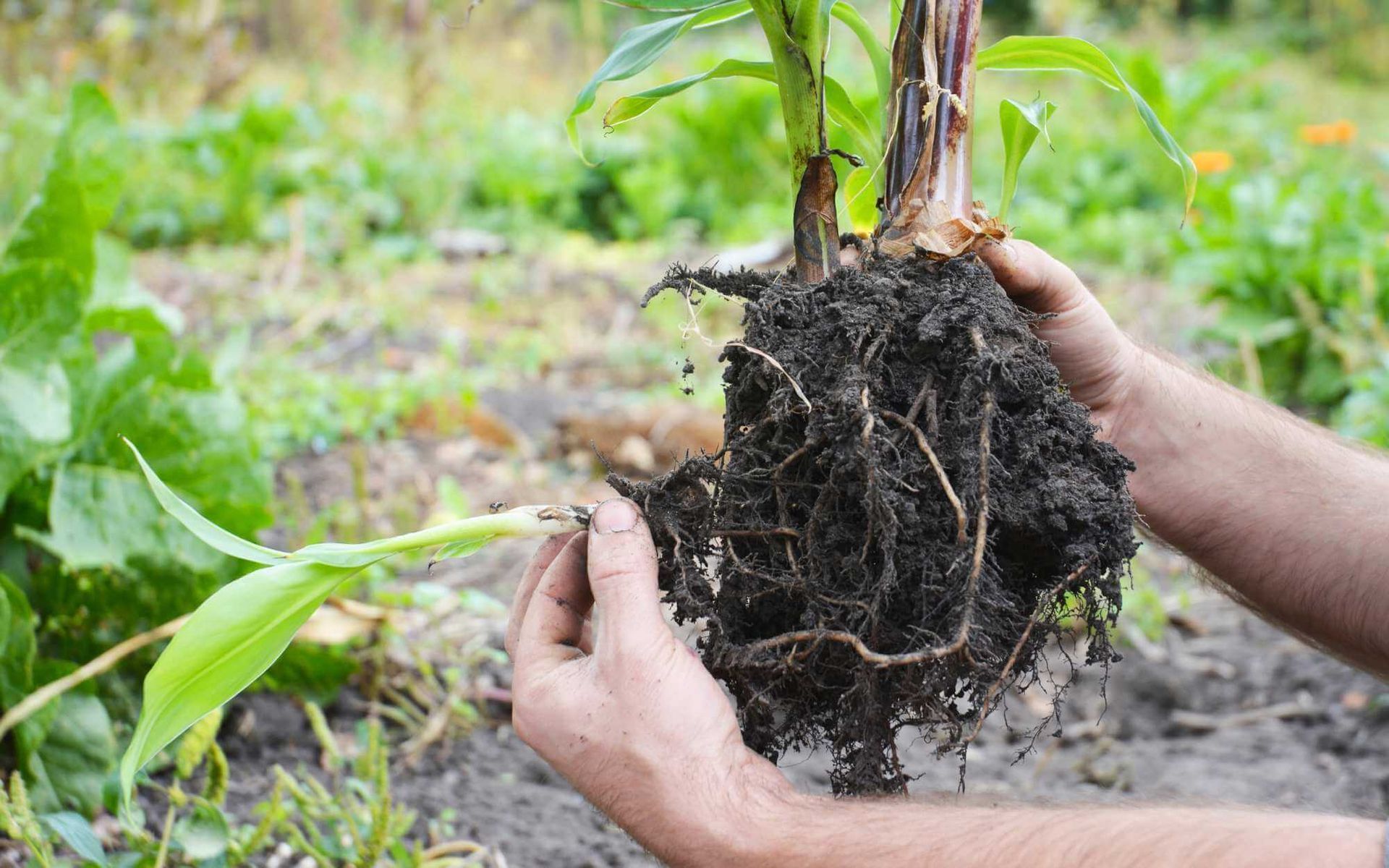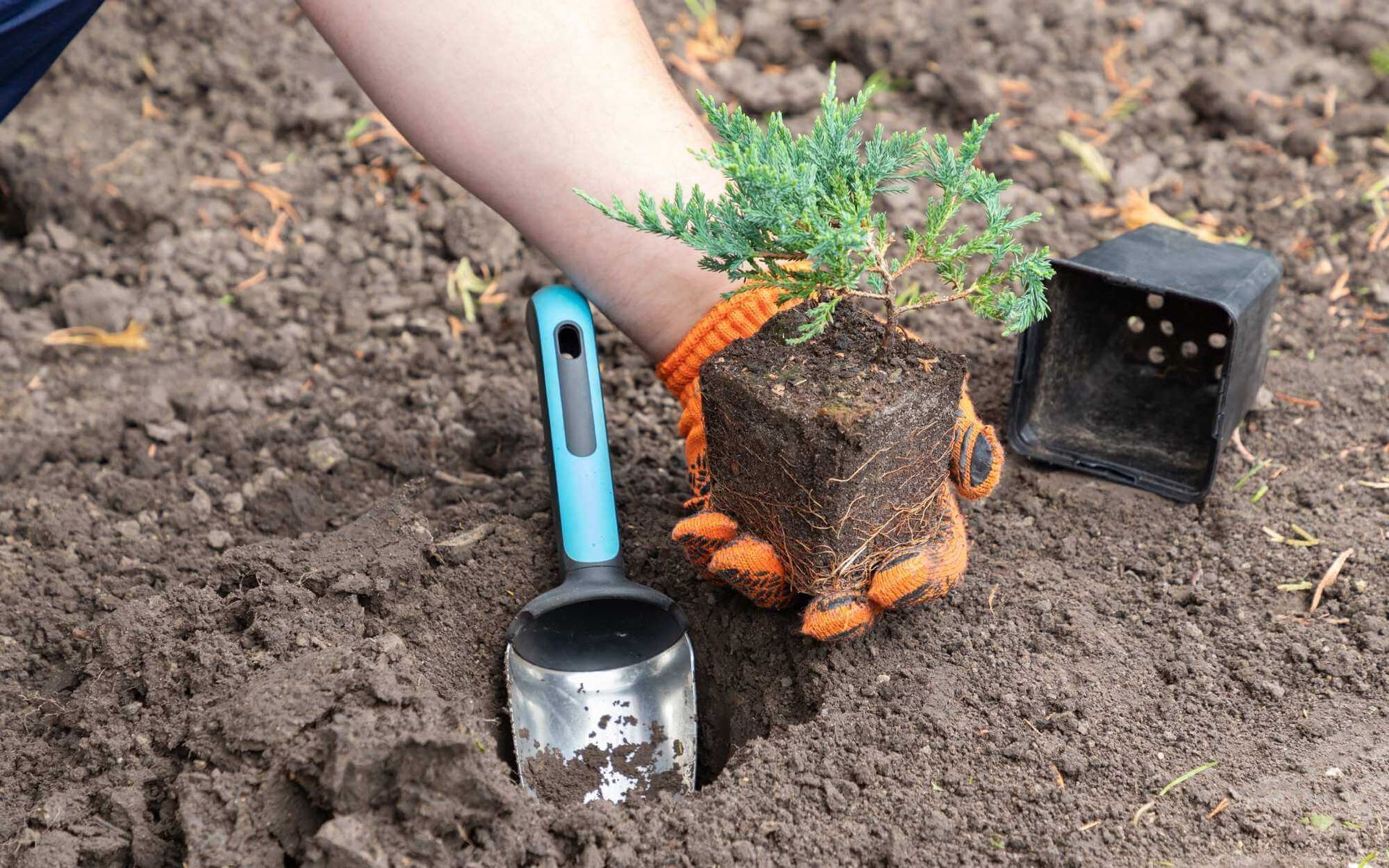Real Tree Team
Arborist, Tree Service and Tree Removal Services
License #: FL-10250A
CALL FOR A FREE QUOTE!
Tree Armor: Natural Garden Pest Control Methods
PUBLISHED ON
SHARE THIS ARTICLE
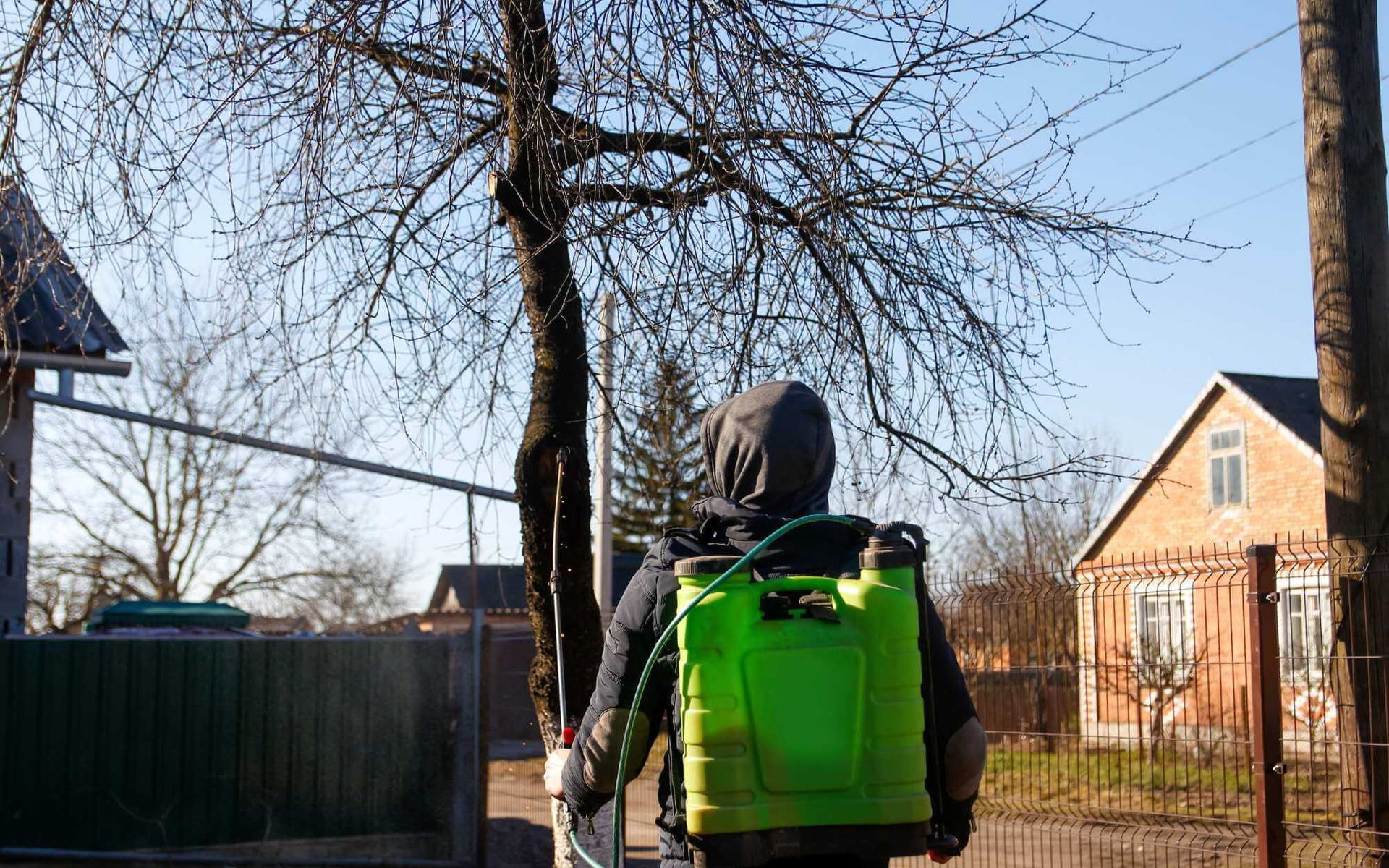
issues becomes paramount. One such concern is the management of tree insect pests, a nuisance that can wreak havoc on our beloved green canopies and vegetable gardens if left unchecked.
Synthetic pesticides, while effective, often have harmful effects on the environment and non-target species. Natural methods of controlling these garden pests not only minimize these negative impacts but also contribute to a healthier, more balanced ecosystem.
This blog post will delve into the significance of
natural pest control methods and explore their multifaceted benefits. So, if you're a tree lover looking for an environmentally friendly solution, stay tuned!
Common Tree Insect Pests
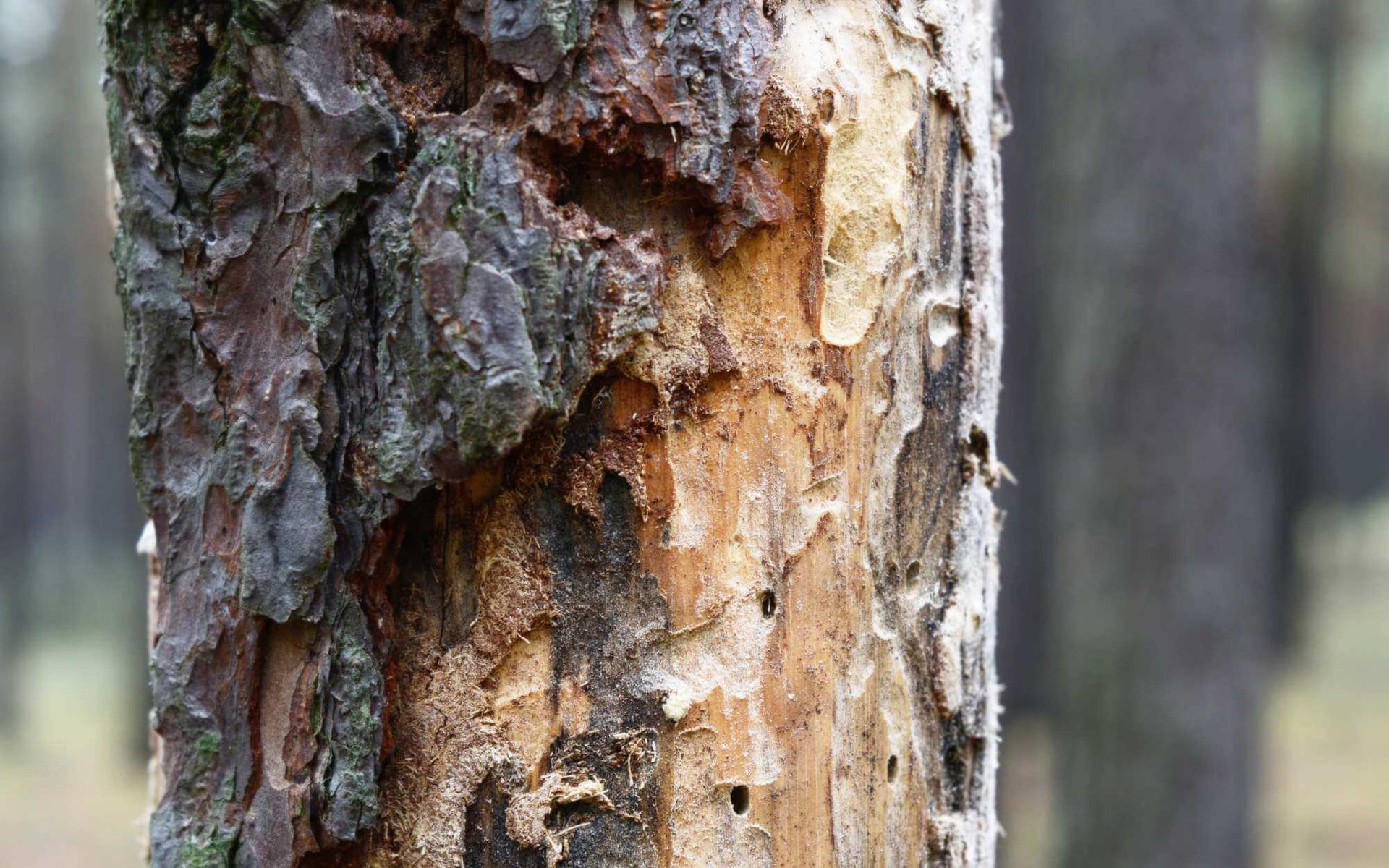
Tree insect pests, such as bark beetles, wood borers, and caterpillars, are common culprits behind tree health deterioration.
Bark beetles burrow into the bark, disrupting nutrient and water transport, and leading to tree death. Wood borers tunnel through trunks, weakening the structural integrity of trees. Caterpillars defoliate trees, inhibiting photosynthesis, and impairing growth.
These pests not only damage individual trees but also disrupt ecosystems by altering habitat structures and nutrient cycles. For instance, the death of large trees due to pests can lead to the loss of canopy, affecting species that rely on it for shelter or food, and altering the light and temperature conditions of the forest floor.
Organic Pest Control Methods
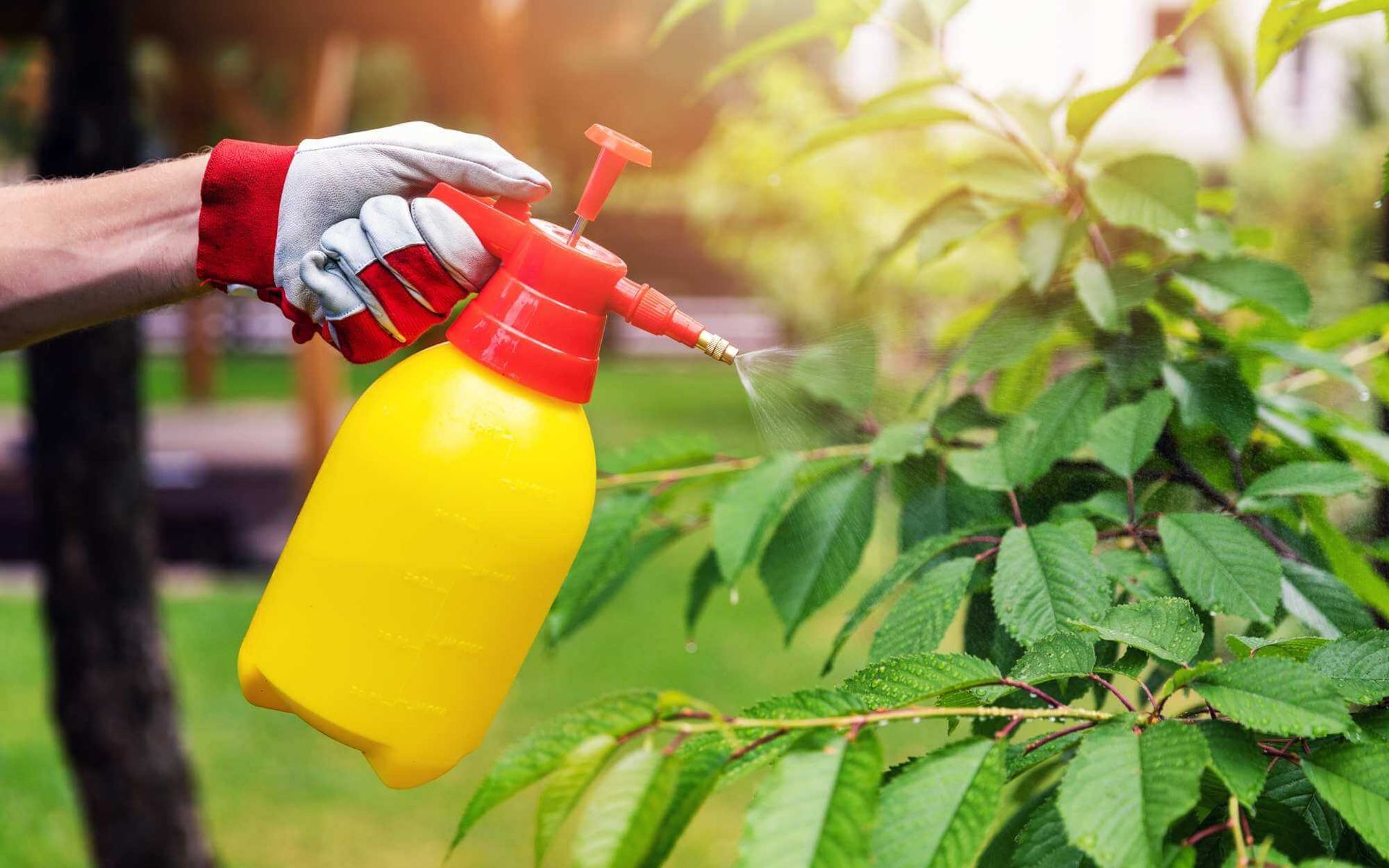
Effective natural garden pest control methods include biological control, cultural practices, and physical barriers such as sticky bands or netting. These organic methods to protect your garden can help you get started on your pest control plan throughout the growing season.
Biological control
Biological control leverages the enemies of pests, primarily natural predators, parasitoids, and pathogens, to reduce pest populations and eventually deter pest problems.
Predators such as birds, beetles, and spiders are essential in controlling the number of pests, while parasitoids like parasitic wasps lay their eggs on or in pests, ultimately leading to the pest's death.
Pathogens such as bacteria, fungi, and viruses can cause diseases in pests, effectively reducing their population. These organisms, in their respective roles, contribute significantly to maintaining pest populations below economic damage levels, making biological control a notably sustainable, non-chemical pest management approach.
Cultural control
Cultural control methods involve proper tree maintenance and sanitation practices.
This starts with regular pruning to eliminate branches infested with pests or affected plants. Dead or dying trees should be promptly removed since they attract pests. Proper spacing between trees can limit pest movement and enhance tree health by reducing resource competition.
Additionally, using a diverse range of tree species can discourage the spread of species-specific pests. Sanitation practices such as removing fallen fruits and leaves, which can harbor pests or diseases, are also crucial.
These practices help sustain tree health, making them less susceptible to pests.
Mechanical control
Mechanical control involves the physical removal or trapping of pests. This method, although labor-intensive, can effectively reduce pest populations, particularly in small to moderate infestations.
Traps, such as sticky bands placed around the trunk of trees, can intercept crawling pests like caterpillars and beetles, preventing them from reaching the canopy. Similarly, pest barriers like netting can limit the access of flying pests to trees.
Physical removal, typically conducted during tree maintenance, involves manually picking off pests or infested parts of the tree.
Mechanical control, when integrated with other natural pest management strategies, can contribute to a robust and eco-friendly pest control program.
Organic insecticides
Organic insecticides (that come in a spray bottle, wettable powder, gel, etc.) utilize natural, non-toxic substances to control pest populations, offering an eco-friendly alternative to synthetic pesticides. These substances, derived from healthy plants, bacteria, minerals, or other organic sources, work by either repelling, killing, or inhibiting the growth of pests. Examples include neem oil, diatomaceous earth, and bacillus thuringiensis.
Organic insecticides, such as vegetable oil sprays, are typically biodegradable and less harmful to non-target species, reducing environmental pollution and promoting biodiversity. However, they require careful application due to their specificity to certain pests and their potential impact on beneficial insects. Their use, as part of an integrated pest management strategy, contributes to sustainable and responsible tree care.
The Green Defender
Natural pest control methods offer an effective, sustainable solution to tree insect pests, fostering healthier trees and ecosystems. By leveraging biological predators, adopting good tree maintenance, using mechanical means and organic insecticides, we can curb pest populations without resorting to harmful synthetic pesticides.
Embrace these environmentally friendly solutions for the longevity of our green canopies. For expert advice and assistance, don't hesitate to reach out to a
pest management expert.
Want a free quote or some friendly advice? Call our team today:
More Posts From The Real Tree Blog:
ISA Certified Arborists. Licensed, Insured and Bonded.
Providing the Highest Quality Tree Services to South Florida since 1993.
FOLLOW US ON :
Contact Details
BROWARD & PALM BEACH COUNTIES
Site Links

LGBTQ+ Friendly
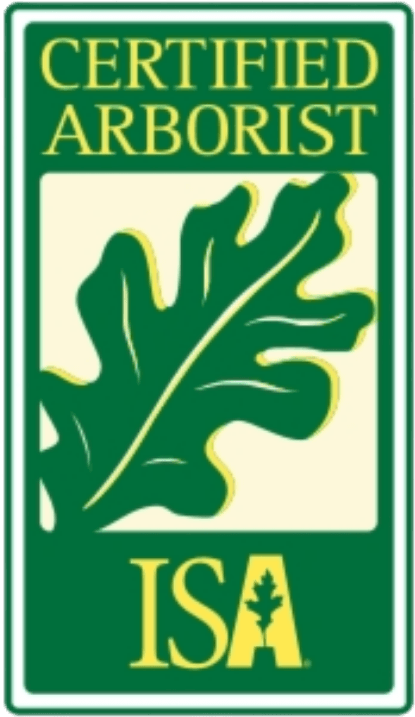
ISA Certified Arborist®
FL-10250A
| Real Tree Trimming & Landscaping, Inc
